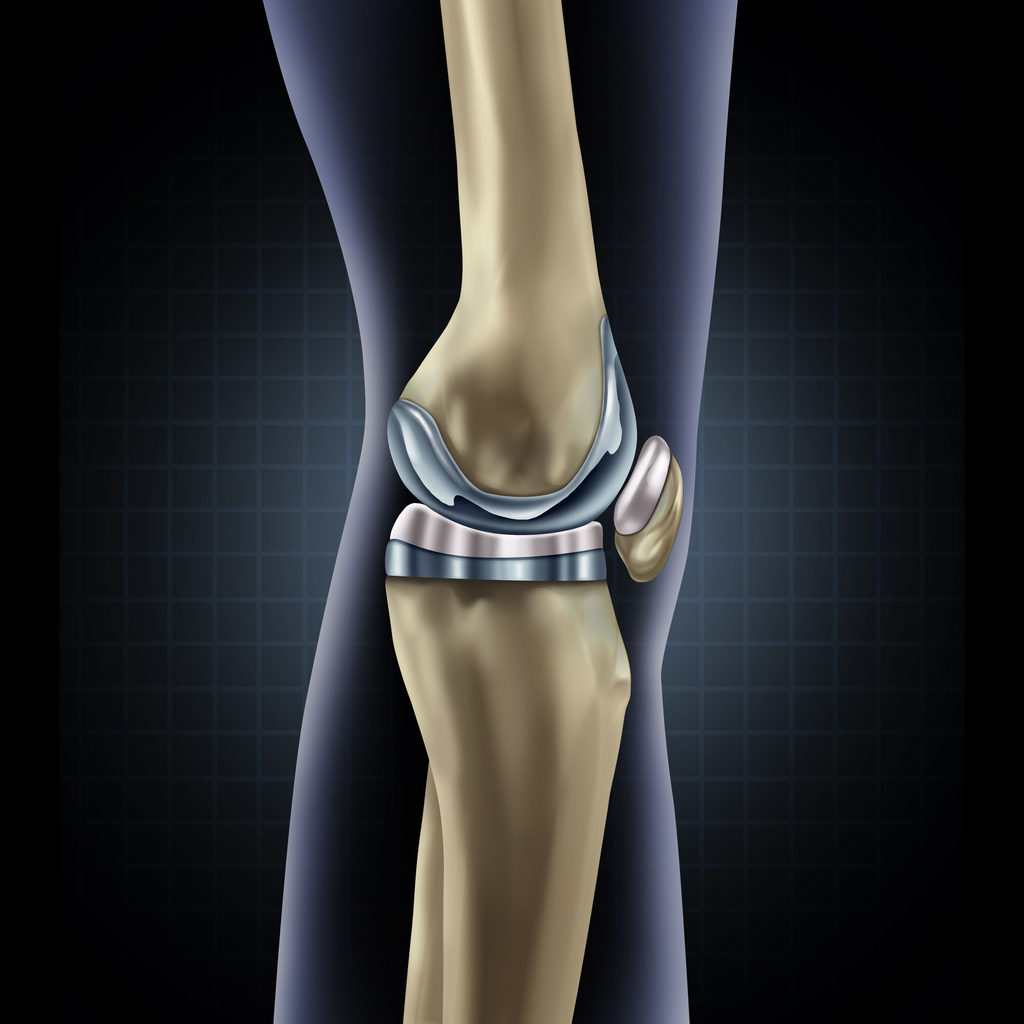
Knee replacement is deemed as among the most successful surgeries in orthopedic medicine, with up to 90 percent of patients experiencing substantial pain relief and restoration of function after their surgery.
Over time, however, a knee replacement can fail for a number of reasons. These include infection, leg fracture, and improper positioning of the prosthesis. Knee implant failure can result in persistent knee pain, instability, and stiffness, rendering the patient unable to carry out their day-to-day activities.
A revision knee replacement is a procedure in which some of or the entire original prosthesis is removed and replaced with a new one. The procedure may be necessary if the symptoms of knee implant failure, such as those mentioned above, aren’t alleviated with nonsurgical interventions.
So now comes an important question: how successful is a revision knee replacement? Let’s find out.
Revision Knee Replacement vs. Knee Replacement
Many of the patients who have had revision knee surgeries achieved favorable outcomes: significant pain relief and increased stability and mobility. Nonetheless, absolute pain relief and restoration are not always achievable, and there are patients who still experience knee pain and stiffness long after their revision surgery.
It’s also worth noting that compared to the initial knee replacement, a revision knee replacement doesn’t guarantee the same longevity. While initial knee replacements can last up to twenty years, revision knee surgeries only typically last about ten.
A revision knee replacement also has a higher risk of complications, such as bleeding and blood clots, infection, and reaction to anesthesia, compared to that with the original replacement surgery—all the more so if the patient already has extensive scarring from the initial procedure.
Moreover, given its greater complexity, a revision knee replacement involves more extensive preoperative planning and takes longer to perform. The surgeon has to remove the original implant, which would have already fused into the existing bone (osseointegration). Removing the prosthesis can result in significant bone loss. In such a case, the surgeon will require a bone graft to fill the void, support the new prosthesis, and encourage new bone growth. Bone grafting is a procedure in which a piece of bone is transplanted from another area of the body or from a donor.
Knee Revision in Palm Beach County, FL
If you are having pain or problems with your knee implant, visit us at Personalized Orthopedics of the Palm Beaches for a comprehensive evaluation with one of our board-certified orthopedic surgeons. We will carefully assess the entirety of your case to ascertain if a revision knee surgery is indeed necessary and if you are eligible. Included in the evaluation are a detailed physical exam and a battery of tests to pinpoint the cause of your symptoms.
Our orthopedic surgeons have established a reputation of excellence for having performed numerous successful joint replacement surgeries and revision surgeries, helping scores of patients in Boynton Beach and the neighboring areas regain their normal function and enjoy a good quality of life. You can rest assured that you’re in very good hands!
To arrange a consultation with one of our orthopedic surgeons, give us a call at (561) 733-5888, or use our online appointment request form.

